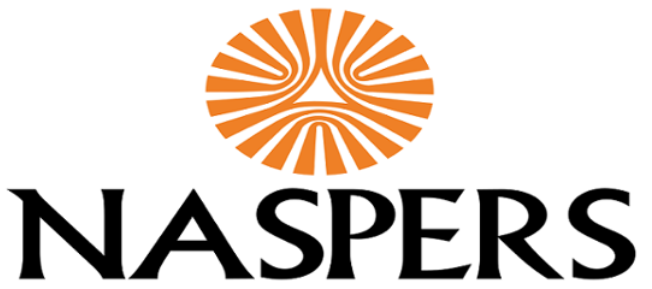Naspers, Africa’s biggest company by market value, planned to start offering lending services in SA and other African markets, CEO Bob van Dijk said.
The internet and media group will join a number of technology companies, including mobile operators MTN and Vodacom that are wading into the continent’s financial services industry to reach a large number of potential clients who are excluded from traditional banking and other financial services.
Through its PayU fintech unit, Naspers in 2017 invested in German credit-scoring company Kreditech, which generated €45m in revenues in 2016.
It also has lending interests in Brazil and India.
“We intend to bring credit solutions to all of our PayU markets, including Africa,” Van Dijk told Business Day on Friday. Naspers would consider using its own funds to provide loans in the future, he said.
Access to credit
Online payments business PayU operates in SA and Nigeria and has businesses in the Americas, Asia, Europe and the Middle East. “We can provide people with loans that other people can’t, so you’re really providing them with an opportunity that the normal banking system wouldn’t be based on the data we have, which is an exciting thing.”
Access to credit remains extremely low in Africa.
According to the World Bank, just 5% of Nigerian adults borrowed from a financial institution or used a credit card in 2017. That compares with 14% of South Africans and 70% of North Americans.
Naspers was in talks with banking partners in a number of markets around the world, Van Dijk said. “We do the data analytics, the credit scoring and the user interface, but not necessarily the credit underwriting.”
However, in certain instances where Naspers was confident about a consumer’s ability to repay, it would also consider extending loans using its own balance sheet.
Naspers chief financial officer Basil Sgourdos said partnerships in the financial services industry were generally the right strategy.
Shares in Naspers closed 3.1% up at R3,307.43 on Friday after the group said revenues in the year to March rose 38% to $20.1bn. Core headline earnings were 72% higher at $2.5bn.
Earnings growth was driven by Naspers’s investment in China’s Tencent and by profitability improvements in the group’s e-commerce business.
“They are still executing very well in a tough operating environment, but Tencent remains very dominant,” said Mergence Investment Managers portfolio manager Peter Takaendesa. As such, Naspers’s fortunes would remain closely tied to Tencent.
Takaendesa said it was concerning that Naspers’s cash generation remained weak, while dividends were growing at a far slower pace than earnings.
On whether competition for assets was heating up, Van Dijk said, “there’s a lot of money flying around” in the late-stage investments segment, though Naspers was looking at early-stage opportunities. “A good example from a while ago, but I think it illustrates the point well, is Flipkart. We got in early, before the mega-rounds and mega-valuations, and we built up a good steak there.”
Naspers generated strong returns when it sold its Flipkart stake to Walmart earlier in 2018.
“I think we’re doing the same with a company like Swiggy now. That has the potential to be a multi-billion [dollar] business and we got in early,” he said.
Last week, Naspers said it had led another investment round in the Indian food- delivery business (BusinessDay SA)













